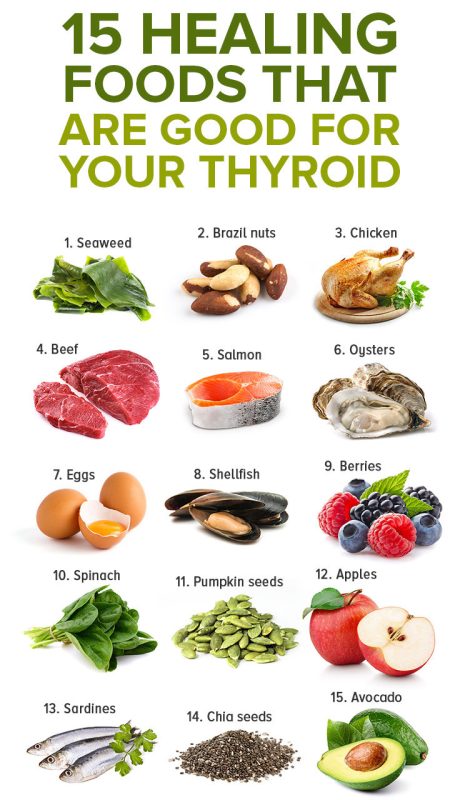Uncategorized
Essential Supplements for Bariatric Patients: Navigating Nutrient Deficiencies After Weight Loss Surgery
Bariatric surgery, a life-changing procedure for individuals struggling with obesity, significantly alters the anatomy of the digestive system to promote weight loss. While these surgeries can provide remarkable results, they also bring about changes in nutrient absorption, potentially leading to deficiencies. Adequate supplementation is crucial for bariatric patients to ensure they receive the essential vitamins and minerals needed for optimal health and well-being.
Understanding Nutrient Deficiencies:
After bariatric surgery, patients may experience reduced absorption of nutrients due to alterations in the gastrointestinal tract. The most common types of weight loss surgeries, such as gastric bypass and sleeve gastrectomy, limit the amount of food the stomach can hold and/or reroute the digestive process. This can result in insufficient intake and absorption of certain vitamins and minerals, leading to potential deficiencies.
Key Supplements for Bariatric Patients:
-
Multivitamins:
- Purpose: Comprehensive multivitamins are essential for providing a broad spectrum of vitamins and minerals, addressing potential deficiencies.
- Recommended Forms: Chewable or liquid forms are often preferred, as they are easier for the body to absorb.
-
Calcium:
- Purpose: Bariatric surgery can impact calcium absorption, increasing the risk of bone-related issues. Calcium supplements help maintain bone health.
- Recommended Forms: Calcium citrate is preferable over calcium carbonate, as it is better absorbed by the body.
-
Vitamin D:
- Purpose: Facilitates calcium absorption and supports bone health. Deficiency can lead to weakened bones and increased risk of fractures.
- Recommended Forms: Vitamin D3 is more effective than D2 and is the preferred choice for supplementation.
-
Iron:
- Purpose: Helps prevent anemia, a common concern post-bariatric surgery due to reduced iron absorption.
- Recommended Forms: Iron supplements may be needed, and they are often prescribed in the form of ferrous fumarate or ferrous sulfate.
-
B Vitamins (B12, B6, and Folate):
- Purpose: Essential for energy metabolism, nerve function, and the production of red blood cells. Deficiencies can lead to anemia and neurological issues.
- Recommended Forms: Sublingual or intramuscular B12 supplements are often necessary due to impaired absorption.
-
Protein Supplements:
- Purpose: Ensure an adequate protein intake, vital for muscle maintenance and overall health.
- Recommended Forms: Protein shakes, bars, and powders can help bariatric patients meet their protein requirements.
-
Omega-3 Fatty Acids:
- Purpose: Supports cardiovascular health and helps manage inflammation. Fish oil supplements are a common source of omega-3s.
- Recommended Forms: Choose high-quality, purified fish oil supplements to avoid potential contaminants.
Bariatric surgery can be transformative for individuals struggling with obesity, but it necessitates vigilant attention to nutritional needs. Supplementation plays a crucial role in preventing deficiencies and maintaining overall health. Regular monitoring of nutrient levels, in collaboration with healthcare providers, is essential to tailor supplement regimens to individual needs. By prioritizing the right supplements, bariatric patients can embark on a journey to sustained weight loss and improved well-being.


